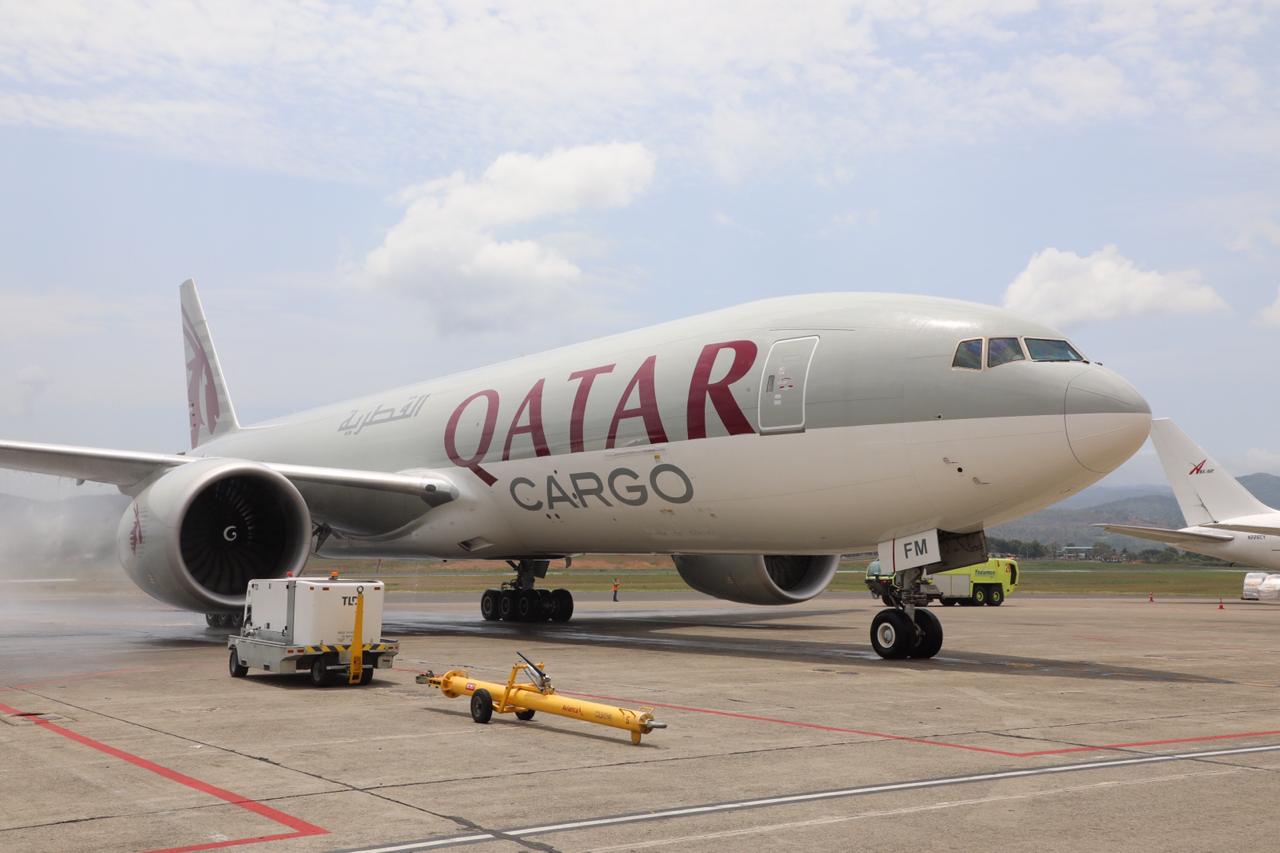Qatar Cargo and handler Qatar Aviation Services have gained IATA CEIV Lithium Battery (CEIV Li-batt) certification in a bid to continue countering the risk posed by lithium battery shipments.
The CEIV Li-batt certification programme aims to ensure the various elements of the supply chain involved in the shipment of these batteries are able to meet regulatory requirements.
The carrier has become the second airline to achieve the standard and the certification comes as Qatar Cargo has been a leader in trying to improve safety around the transport of lithium batteries.
Qatar Aviation Services is the first ground-handling company to be certified globally.
LATAM Cargo became the first airline to obtain CEIV Li-batt certification in September 2022.
The airline said that it, as well as Qatar Aviation Services, played a key role in the design and implementation of IATA’s recent CEIV Lithium Battery programme, and continues to be actively involved in its fine-tuning and adaption.
Qatar Airways Group chief executive Akbar Al Baker said: “Passenger and cargo safety is our utmost concern at all times, and we have continuously advocated for proper regulation in the transport of lithium batteries.
“We are happy to be the second airline to be certified and we encourage all air industry players to become certified. As an industry, we must focus on active risk prevention and that is achieved through strict regulation, training, and compliance.”
Guillaume Halleux chief officer cargo at Qatar Airways Cargo added: “Lithium batteries play a huge part in our daily life, from the toys we buy for our children, to the laptops we use every day, and the cars we drive, to name but a few examples.
“Yet, they also pose a huge daily risk for air travel and transport: one that Qatar Airways has always highlighted and worked to prevent as best possible. We are happy to see this now starting to happen with air cargo industry companies voluntarily undergoing CEIV Lithium Battery certification.”
“Our plan now is to work with our global partners, ground handlers, shippers, and freighter forwarders, to ensure a solid and common understanding of the risks of moving lithium batteries, and to drive positive change in the industry,” he continues…



